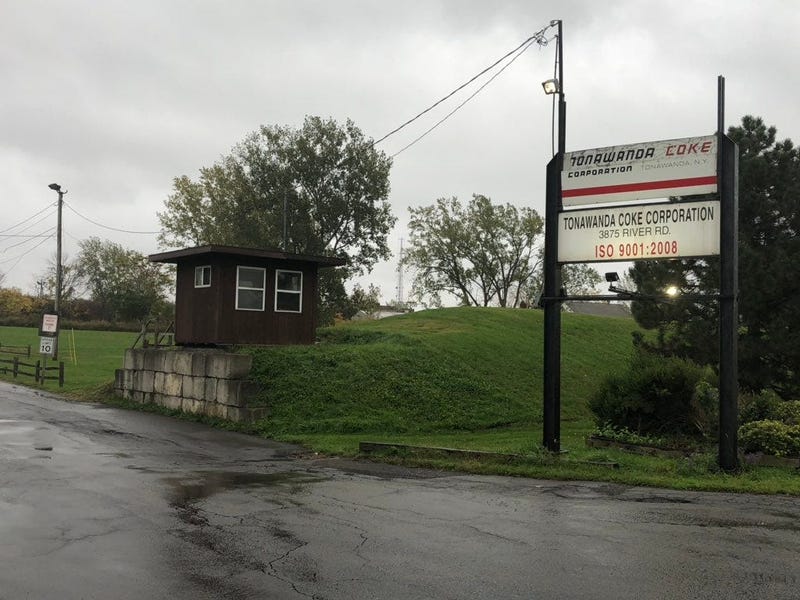
TONAWANDA, N.Y. (WBEN) - Researchers at the University at Buffalo are scheduled to hold a community meeting on Wednesday evening and give an update on their soil study at the Tonawanda Coke site.
Tonawanda Coke was an industrial plant located on River Road in Tonawanda that was the subject of controversy over its emissions. Nearby residents complained that benzene emitted by the plant lowered their quality of life. The State Department of Environmental Conservation announced its shutdown in mid-October after several weeks of federal court appearances.
Since closing its doors, the Environmental Protection Agency and the State DEC began investigation of contamination at the site. A DEC spokesperson told WBEN in October that they are monitoring every aspect of the shutdown and were not aware of imminent threats to offsite areas such as the Niagara River.
READ MORE: Tonawanda Coke Shuts Down
According to the University at Buffalo, the Tonawanda Coke Soil Study investigates how pollution from the plant impacted soil in communities that may be in the path of emissions from the plant. A federal judge ordered the plant to fund the study after the company was convicted of violating the Clean Air Act and Resource Conservation and Recovery Act.
"My concern is the contamination that is currently on Tonawanda Coke," City of Tonawanda Mayor Rick Davis said. "We've got to make sure that area stays contained to the property and doesn't get into our local waterways because the Niagara River is a source of fresh water for countless communities across Western New York."
Davis said the plant's closure resulted in a 90 percent drop in benzene in the air near the communities.
"The soil study I think...will start to piece together some of the unknowns we have," Davis said while noting there will be more rounds of testing by the university. "UB is going to present their results for the city, Grand Island, and the town to digest."
He said and other municipal officials met with the DEC and they alleviated concerns about contamination to the local waterways.
Davis said that he was thrilled when the plant closed last fall and hopes that the defunct plant gets reused in a "smart" fashion.
"Not heavy industrial," he said. "Maybe light industrial office park. We've had enough over the decades heavy industry downwind (for) the City of Tonawanda. It would be nice to see a reuse of the area but in a more environmentally-responsible fashion."
